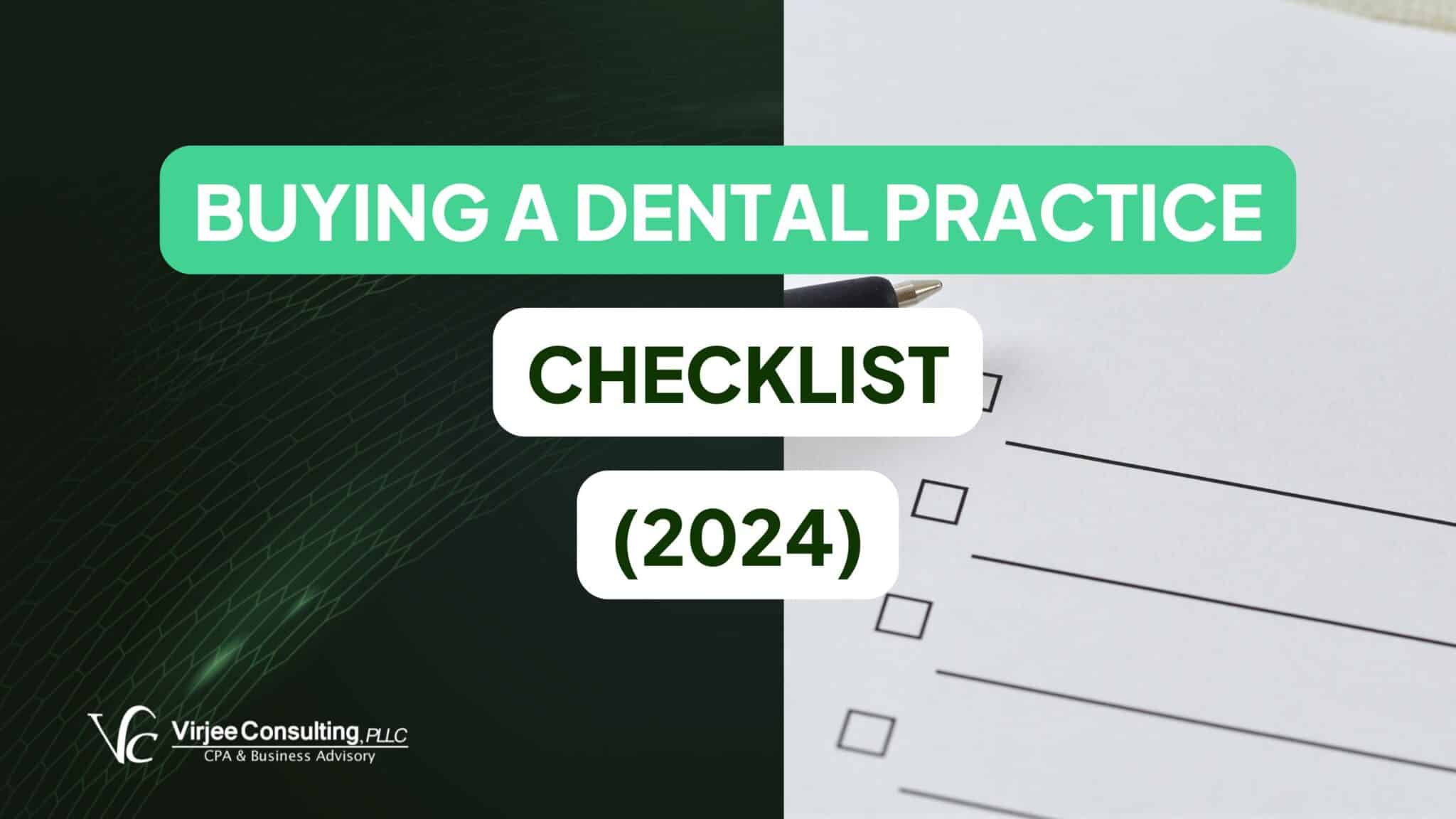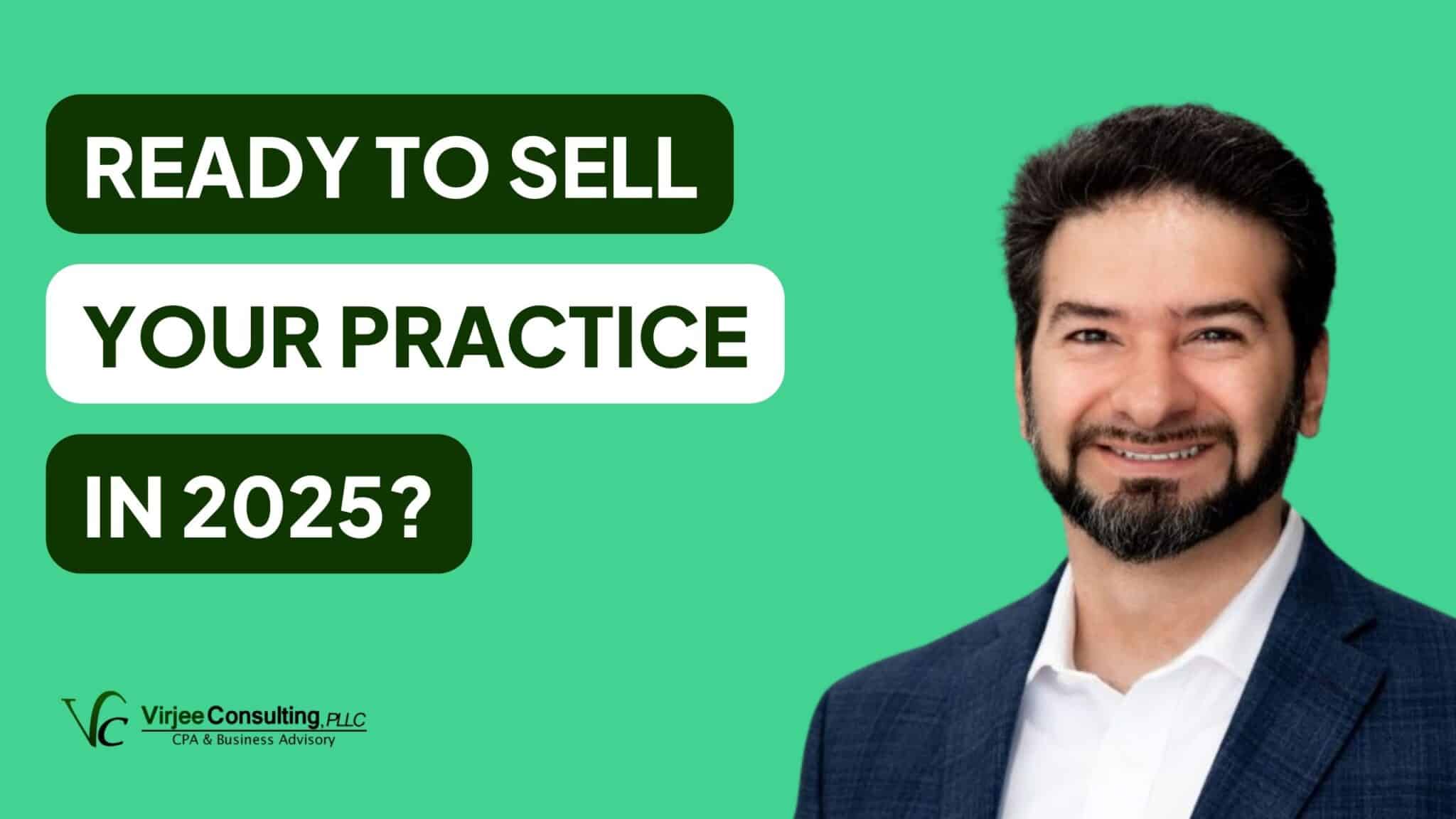To buy or to build? That is the question among many dentists considering practice ownership.
Based on our experience in assisting hundreds of dental practices opening their doors, the average startup cost ranges between $400,000 and $600,000 depending on factors like location, size, and equipment choices.
Though it might take years to build a steady patient base and income, starting from scratch offers you control over every detail, from the office layout and location to the services you offer and the brand identity you create.
On the other hand, buying an established practice means inheriting an active patient base, trained staff, and immediate cash flow—major benefits that make ownership less risky.
If you’re leaning toward the latter, here’s a comprehensive buying a dental practice checklist to help you accomplish what needs to be done, along with a timeline for when to do them.
12 Months Out: Begin Your Research and Planning
You’re probably already imagining what your dream practice looks like—the perfect setup, happy patients, and a thriving team.
Now, it’s time to have a clear, actionable vision.
- Clarify Your Vision: Location shapes everything, from patient demographics to competition, and your day-to-day lifestyle. Choose whether you want to be in a bustling city, a quiet suburb, or a close-knit rural community.
Next, consider the size of your practice, the types of patients you want to attract, and whether you’ll specialize or provide general services.
- Educate Yourself On The Market: Take time to understand the current market conditions for dental practices. In 2024, activity in this market has remained strong, even with rising interest rates. Keep an eye on trends where private equity firms are buying practices that earn over a million dollars in revenue. This increased competition can drive up prices, so it’s essential for solo dentists to know how to evaluate potential practices effectively.
Research recent sales, attend industry events, and connect with peers to get insights that will help you make informed decisions as you navigate the buying process.
- Build Your Network: A network memory jogger may sound simple, but it’s a powerful tool for expanding your professional connections. Start by listing everyone you know in the dental and healthcare industry, from former classmates to mentors, brokers, and industry-specific finance professionals.
Then, actively seek out new contacts by attending conferences, workshops, and local dental events.
- Start Saving: You can’t expect lenders to offer 100% financing, so aim to save for a sizable down payment, typically 10-20% of the practice’s purchase price.
- Evaluate Your Financial Health: To qualify for a practice loan, lenders typically require you to have a personal FICO credit score of 650 or higher. Before you apply, review your credit report, address any outstanding debts, and fix any errors that could affect your score.
- Research Financing Options: Various financing options are available, from traditional bank loans and SBA loans to specialized practice loans. Understanding the nuances is key, and working with a dental-focused finance professional can simplify this process.
6 Months Out: Assemble Your Team of Experts
Going the DIY route sounds fun—until you’re deep in financial reviews, legal documents, and negotiations.
Because buying a dental practice involves many complex tasks, it pays to work with a team of experts. Take this time to assemble the right people behind you. Here’s a quick rundown:
- Dental CPA: A dental CPA will handle the financial analysis and tax implications of your purchase. As discussed in our Buying a Practice FAQ YouTube video, they can help you with important issues like purchase price allocation, ensuring that both you and the seller agree on how to categorize the sale for tax purposes. This is crucial because a well-structured allocation can impact your tax liability significantly.
- Banker: Your banker will help you secure the best loan options available, guiding you through financing that fits your needs.
- Broker: A broker specializes in finding and negotiating the right practice for you, leveraging their expertise to ensure you get the best deal.
- Attorney: Your attorney will manage all legal aspects of the acquisition, including lease agreements. Understanding the lease terms is vital, as they can significantly affect your practice acquisition. Pay special attention to assignment clauses and any recapture rights, as these can introduce unexpected complications.
The best part is that you don’t have to track down each professional individually when you partner with Virjee Consulting. We collaborate daily with trusted bankers, brokers, and attorneys to provide our clients with seamless, coordinated support throughout their practice acquisition.
3 Months Out: Perform Due Diligence and Secure Financing
This period should focus on evaluating your shortlist of potential practices so you don’t rush through critical details.
- Examine Financials: This will be a lot of number-crunching, but we’ve made it easy for you with our free dental practice valuation calculator, allowing you to get a quick, accurate estimate of a potential practice’s value.
While our experienced accountants can provide a better, well-rounded review of your investment, this tool is a great starting point.
- Perform Equipment and Chart Audits: It’s easy to notice when your equipment is showing signs of age or if your technology is outdated. However, to get a true picture of how much life is left in your equipment, it’s a good idea to consult a technician.
We can help you understand how depreciation affects your finances and what costs you might face if you need to replace any equipment.
Additionally, we can review your patient charts to check the size and stability of your patient base, how often they come in for treatment, and their overall demographics. This information will help you make better decisions for your practice’s future.
- Look Over The Lease Agreement: Don’t overlook lease agreements—they can significantly impact your purchase. Take the time to review the existing lease to identify potential issues, like assignment and sub-lease clauses. You might need the landlord’s approval to transfer the lease, which can add uncertainty to the deal. Knowing the lease terms upfront can save you from unexpected surprises later on. We talk more about the importance of lease agreements in our latest YouTube video.
- Meet the Seller and Staff: Whenever possible, meet with the current owner and key staff to get a genuine feel for the practice’s culture, teamwork, and daily operations. This insight can help you gauge how smoothly the transition will be.
- Apply for Financing: When you’ve made your choice, work with your lender to submit all necessary documents, like recent tax returns, personal and business bank statements, and any existing loan or debt information to support your application.
1 Month Out: Finalize Agreements and Prepare for Transition
- Review Legal Documents: Your attorney will handle the heavy lifting on this, carefully reviewing the Asset Purchase Agreement (APA), lease agreements, and other key documents to ensure terms are clear, legally sound, and favorable to you.
As the buyer, your role is to discuss specific needs or concerns with your attorney, review any flagged items, and confirm you’re comfortable with the obligations and terms before signing.
- Set Up Insurance: Secure essential coverage, including professional liability, general liability, property, worker’s compensation (if you have staff), and cyber liability to protect patient data.
- Prepare for a Smooth Transition: Collaborating with the current owner on a transition plan can help ensure a seamless handover, allowing you to meet key patients and staff and establish continuity.
- As part of this process, it’s also essential to work with your attorney and CPA to select the ideal business structure, whether it’s an LLC, corporation, or another entity.
Closing Day: Seal the Deal and Take Over Ownership
Cheers! Today marks the official start of your journey as a practice owner.
But the work’s not done yet. Finalize all legal and financial details by reviewing and signing closing documents to ensure everything is in order.
Ready to Begin?
If you’ve been considering this path to launch your practice, our team is here to get it off the ground. At Virjee Consulting, we support dentists like you in making ownership dreams a reality.
But don’t just take our word for it—hear from hundreds of happy dentists who’ve successfully made the journey with us by their side.
To get started, use our quick form to get in touch with us and see how we can help you get started!
In the meantime, check out our latest YouTube video on Buying a Dental Practice where we sit down with Trey Zamorano, a seasoned expert in dental practice transactions, to answer all of your questions.
Until next time!




